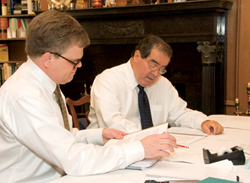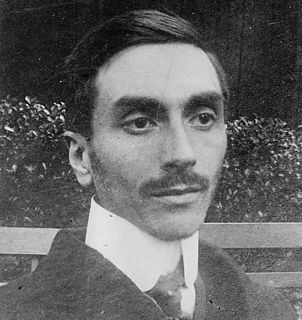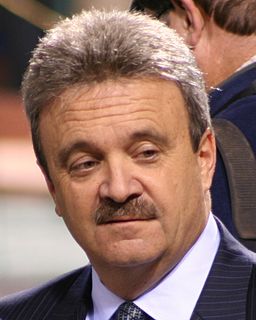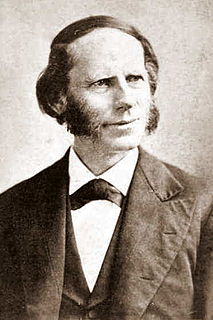A Quote by Bertrand Russell
I am allowed to use plain English because everybody knows that I could use mathematical logic if I chose.
Quote Topics
Related Quotes
One thing I really like about philosophy is that it's possible actually to do work in a wide range of different areas. I am particularly happy that I've even been able to do work in logic that has allowed me to use and develop my mathematical abilities, as well as to work on quite distant topics in philosophy of language and mind.
A word about 'plain English.' The phrase certainly shouldn't connote drab and dreary language. Actually, plain English is typically quite interesting to read. It's robust and direct-the opposite of gaudy, pretentious language. You achieve plain English when you use the simplest, most straightforward way of expressing an idea. You can still choose interesting words. But you'll avoid fancy ones that have everyday replacements meaning precisely the same thing.
The physicist may be satisfied when he has the mathematical scheme and knows how to use for the interpretation of the experiments. But he has to speak about his results also to non-physicists who will not be satisfied unless some explanation is given in plain language. Even for the physicist the description in plain language will be the criterion of the degree of understanding that has been reached.
For being able to use language was a critical skill that could carry one far. One could use it professionally, as a crafter of everything from political speeches to modern novels. One could use it personally, as a tool of discovery or a means of staying connected to others. One could use it as an outlet that would feed the artistic spirit of the creator, which existed in everyone.
If the system exhibits a structure which can be represented by a mathematical equivalent, called a mathematical model, and if the objective can be also so quantified, then some computational method may be evolved for choosing the best schedule of actions among alternatives. Such use of mathematical models is termed mathematical programming.
I am on Vine. It's another early-adopter kind of thing. I'm trying to figure out what I'm going to do with it. What's interesting about it is that everybody knows these amazing restrictions we've put on it: I have to use my iPhone, I can only use one continuous take, I cannot edit afterwards, I cannot put sound afterwards.



































